Dermapen treatment has gained significant popularity as a minimally invasive skin rejuvenation procedure designed to enhance skin texture and appearance. This innovative technique uses fine needles to create controlled micro-injuries on the skin’s surface, stimulating the body’s natural healing response. Clients seeking effective solutions for issues such as fine lines, scars, uneven skin tone, and hyperpigmentation often turn to this treatment for visible improvements. When considering Dermapen treatment in Abu Dhabi, understanding its safety profile across various skin types is essential for making an informed decision.
Understanding the Dermapen Procedure
How the Treatment Works
The Dermapen device features a series of tiny, adjustable needles that puncture the skin at controlled depths. These micro-injuries trigger the production of new collagen and elastin—crucial proteins responsible for skin firmness and elasticity. The stimulation of these natural processes results in smoother, firmer skin with improved texture and tone. The procedure is customizable, allowing practitioners to tailor the treatment to address specific skin concerns effectively.
Benefits of Micro-Needling
Micro-needling offers multiple benefits beyond collagen induction, including increased absorption of skincare products, improved blood circulation, and a reduction in the appearance of scars and stretch marks. Its minimally invasive nature often results in minimal downtime, making it a convenient option for many individuals seeking skin revitalization.
Is Dermapen Treatment Safe for All Skin Types?
Compatibility with Different Skin Types
One of the primary concerns when considering skin treatments is safety across diverse skin types, especially in regions with varied skin tones. Dermapen treatment has been found to be generally safe for all skin types when performed by trained professionals. The procedure’s adjustable needle depths allow practitioners to customize treatment intensity based on individual skin characteristics, reducing the risk of adverse effects such as hyperpigmentation or hypopigmentation, which are more common in darker skin tones.
Considerations for Sensitive Skin
Sensitive skin types may experience temporary redness or mild discomfort post-treatment. However, these effects typically subside quickly, and the procedure can be modified to minimize irritation. Proper pre- and post-treatment skincare routines further enhance safety and effectiveness for sensitive skin.
Precautions and Best Practices
To ensure safe outcomes, it is essential to select qualified practitioners who understand the nuances of treating different skin types. A thorough skin assessment helps identify any underlying conditions or specific skin concerns that may influence the treatment plan. Additionally, adherence to recommended skincare protocols before and after the procedure can optimize results and minimize potential side effects.
Factors Influencing Safety and Effectiveness
Skin Condition and Medical History
The overall health of the skin and individual medical history play a crucial role in determining treatment safety. Conditions such as active acne, eczema, or psoriasis require special consideration and may necessitate modifications to standard treatment protocols. A comprehensive consultation helps determine if Dermapen therapy is suitable and how to tailor it safely.
Treatment Frequency and Technique
The safety profile of Dermapen treatment also depends on the frequency of sessions and the technique employed. Proper sterilization of equipment, precise needle depth adjustments, and adherence to recommended treatment intervals are vital to maintaining safety standards.
Post-Treatment Care
Post-procedure care is equally important in ensuring safety and optimal results. Clients are typically advised to protect their skin from sun exposure, avoid harsh skincare products, and follow specific calming routines to facilitate healing and prevent complications.
Advantages of Dermapen Treatment for Various Skin Types
Suitability for Different Skin Concerns
Because of its adjustable nature, Dermapen therapy can effectively address a wide range of skin issues across different skin types. Whether targeting scars, fine lines, enlarged pores, or uneven pigmentation, the treatment offers a versatile solution suitable for diverse skin tones and conditions.
Non-Ablative Nature and Minimal Downtime
Unlike more invasive procedures, Dermapen treatment is non-ablative, meaning it does not remove or damage the outer skin layer significantly. This characteristic makes it a safer option for individuals with darker skin tones, reducing the risk of pigmentation changes or scarring.
Customization and Personalization
Practitioners can customize treatment parameters to suit individual skin characteristics, ensuring safety and maximizing benefits. This personalized approach enhances the overall safety profile and effectiveness, making it an attractive choice for a broad demographic.
Conclusion: The Safety of Dermapen Treatment Across Skin Types
In summary, Dermapen treatment Abu Dhabi is considered safe for all skin types when performed by qualified professionals who customize the procedure according to individual needs. Its non-invasive, adjustable, and minimally disruptive nature makes it a suitable option for a wide range of skin concerns and tones. Proper assessment, technique, and post-treatment care are critical in ensuring safety and achieving optimal results. As with any cosmetic procedure, consulting with experienced practitioners is essential to determine the most appropriate treatment plan tailored to your unique skin profile.
FAQs
1. Is Dermapen treatment suitable for sensitive skin?
Yes, Dermapen treatment can be safely performed on sensitive skin, provided the practitioner adjusts needle depth and treatment intensity appropriately. Post-treatment care and avoiding irritants are important to minimize discomfort and promote healing.
2. Can darker skin tones undergo Dermapen therapy safely?
Absolutely. The adjustable and non-ablative nature of Dermapen makes it a safe option for darker skin tones, reducing the risk of pigmentation issues when performed by experienced professionals.
3. How many sessions are typically needed to see results?
While individual results vary, most clients notice improvements after 3 to 6 sessions, spaced several weeks apart, depending on their specific skin concerns and treatment goals.
4. Are there any skin conditions that prevent the use of Dermapen?
Certain skin conditions such as active infections, severe eczema, or psoriasis may require postponing treatment. A thorough skin assessment by a qualified practitioner helps identify any contraindications to ensure safety.

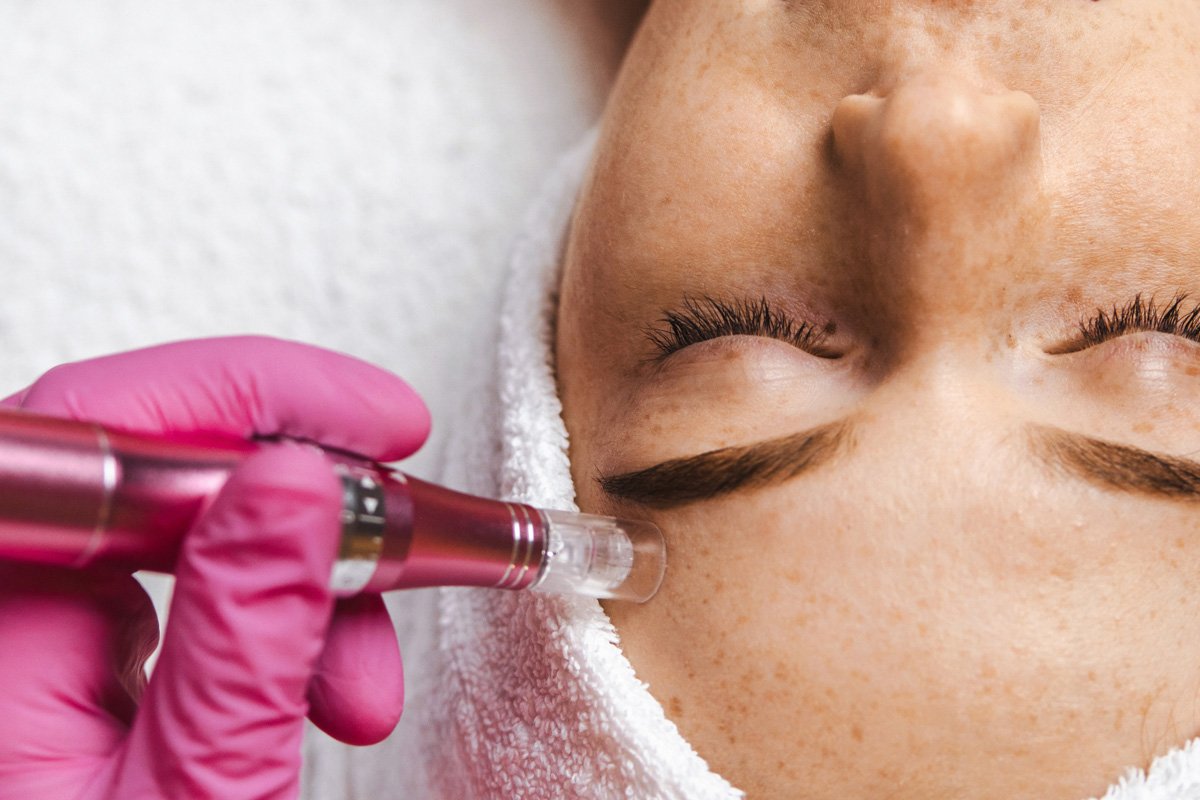

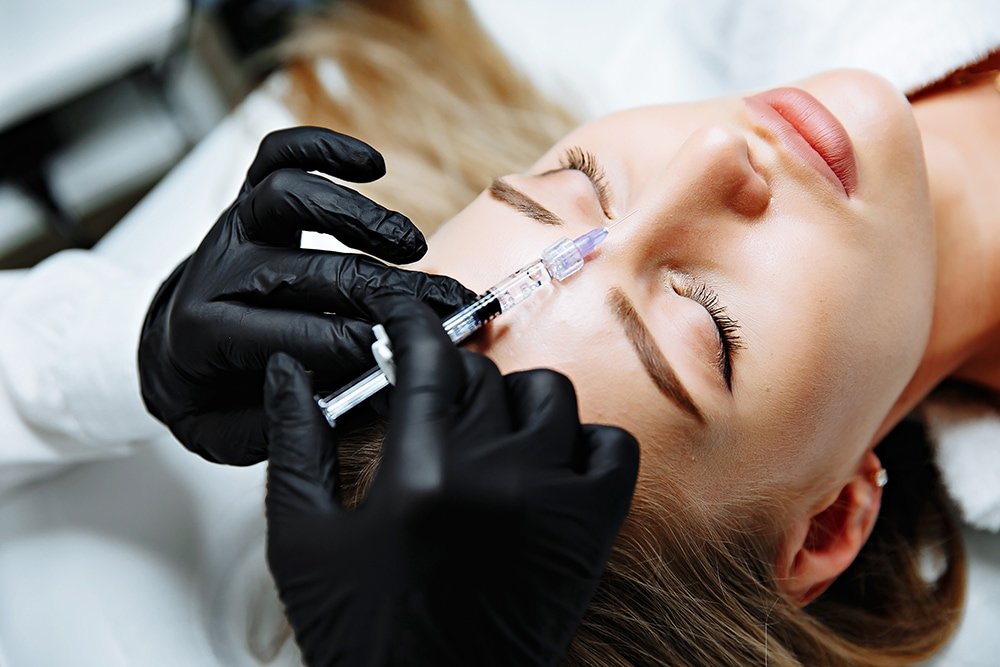
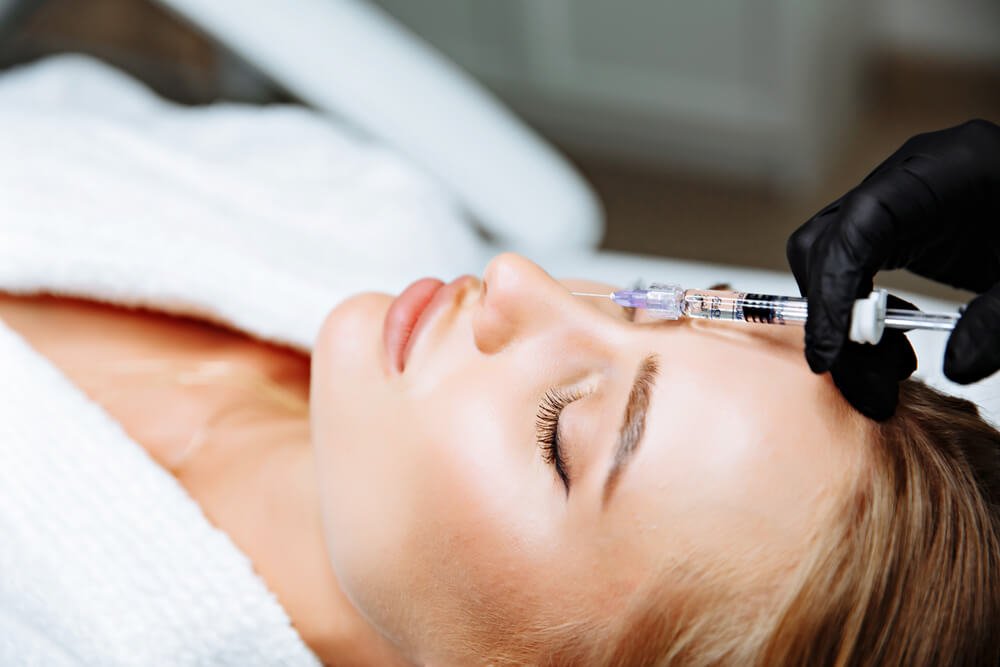
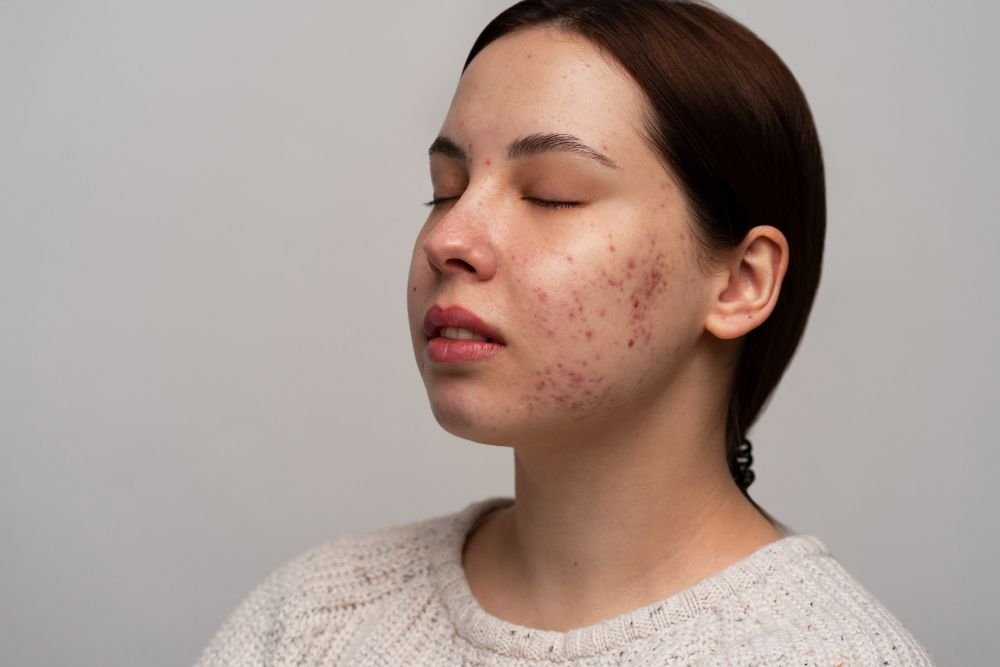
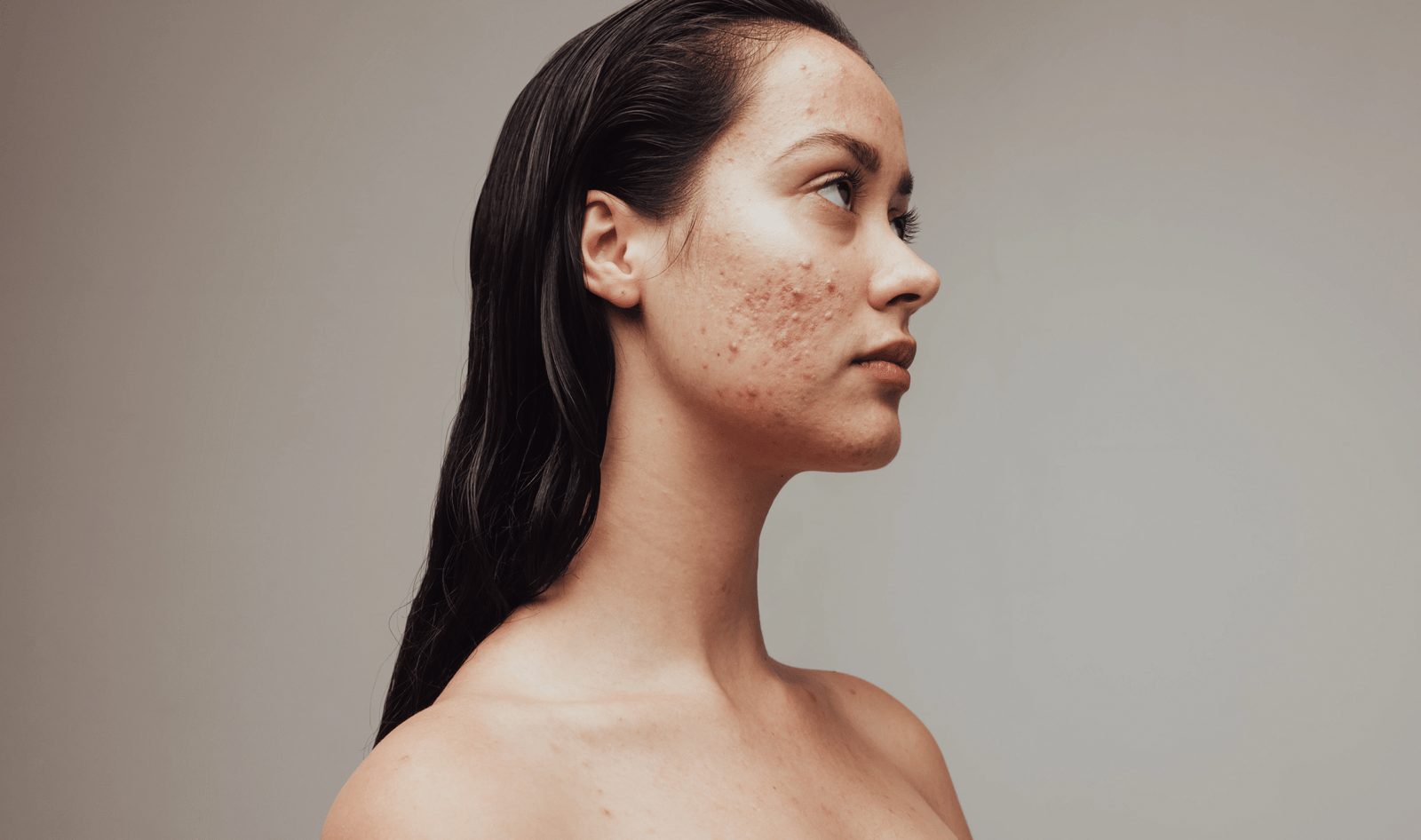
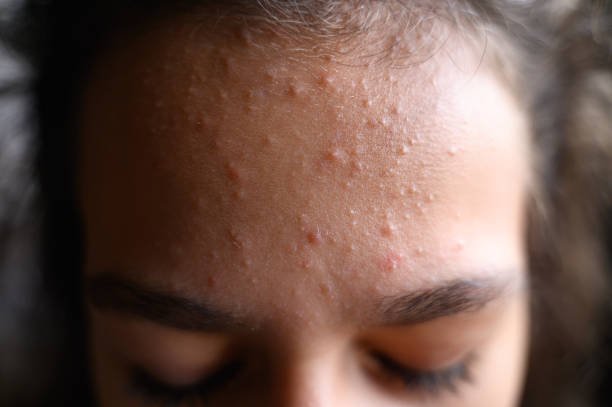



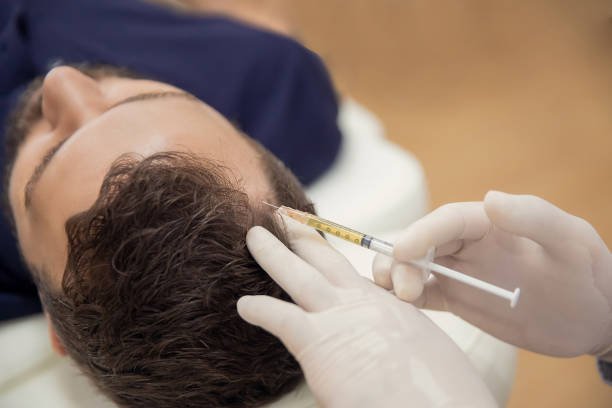




Leave a Reply